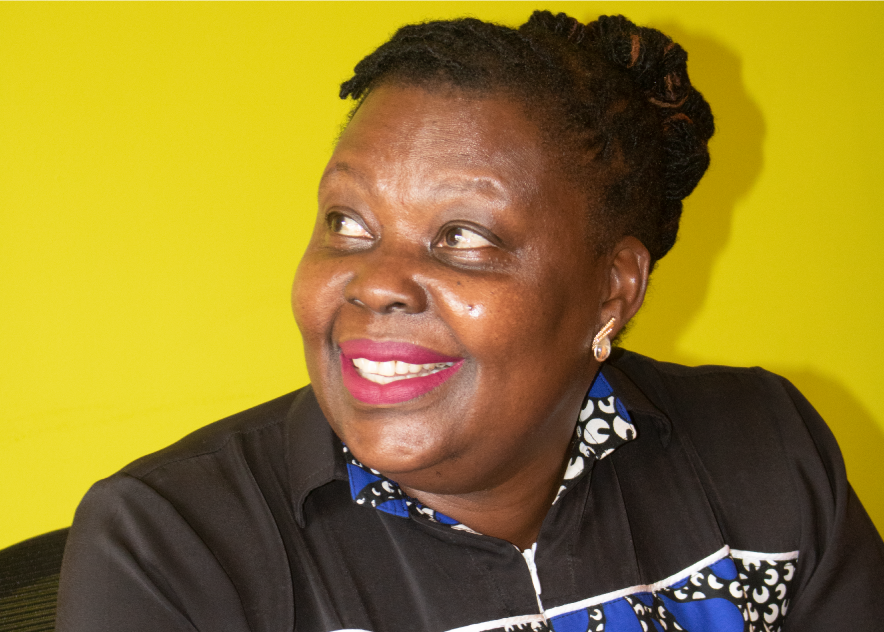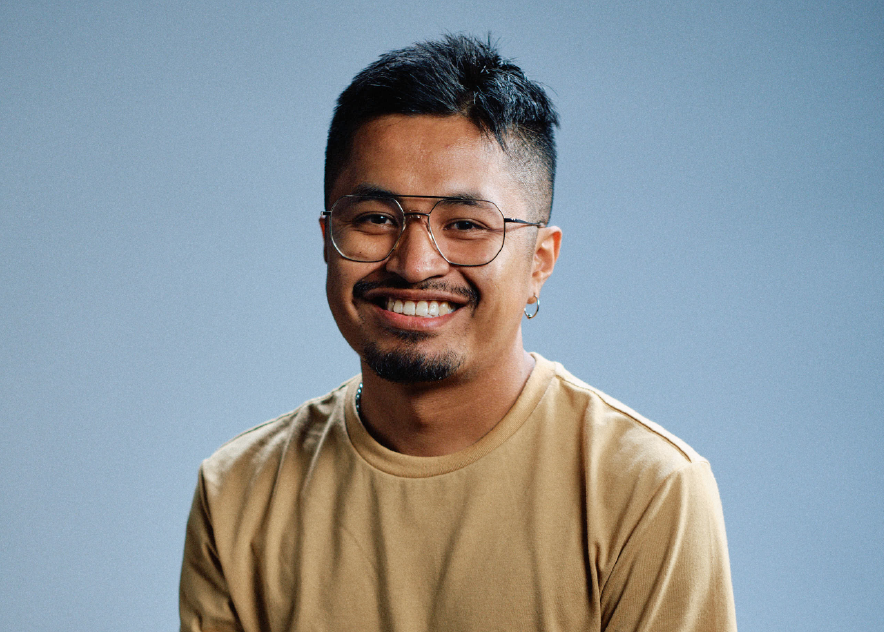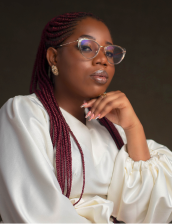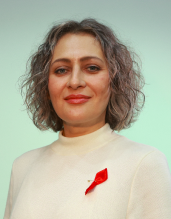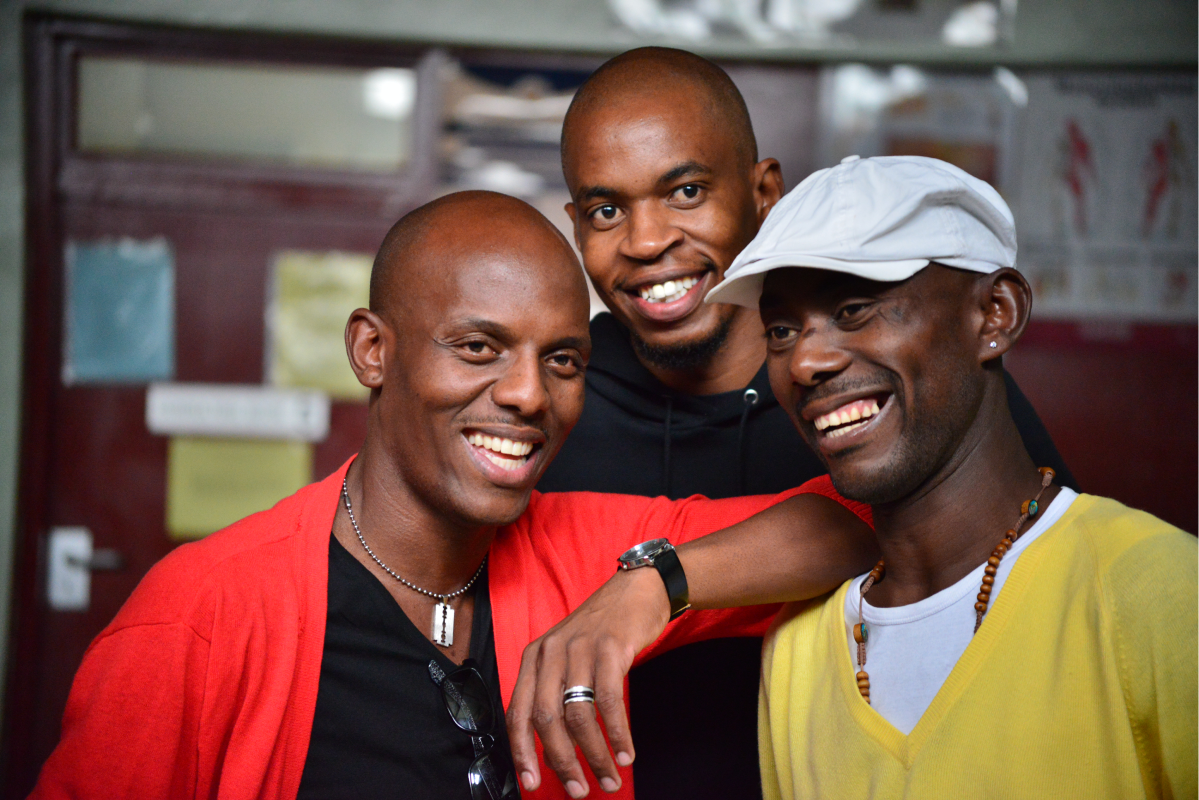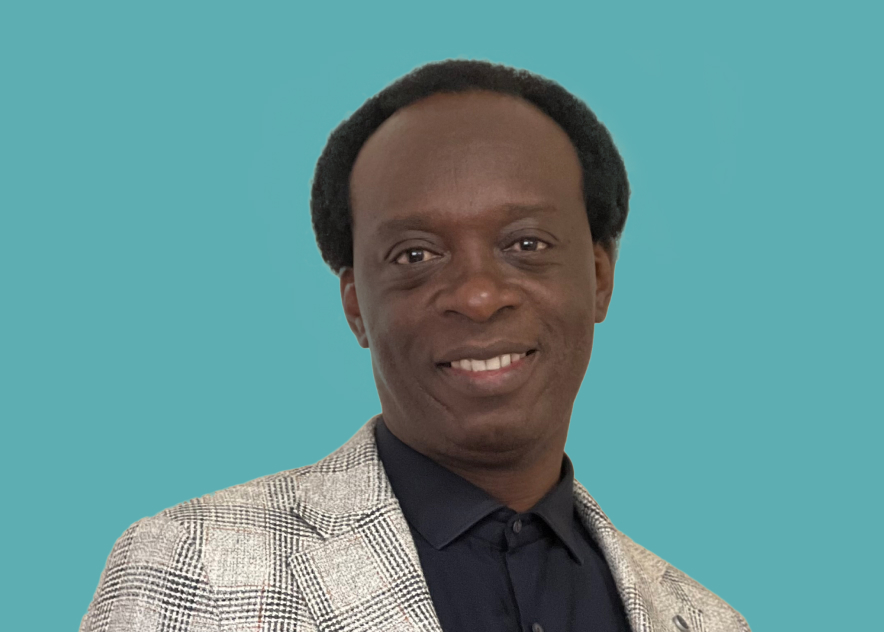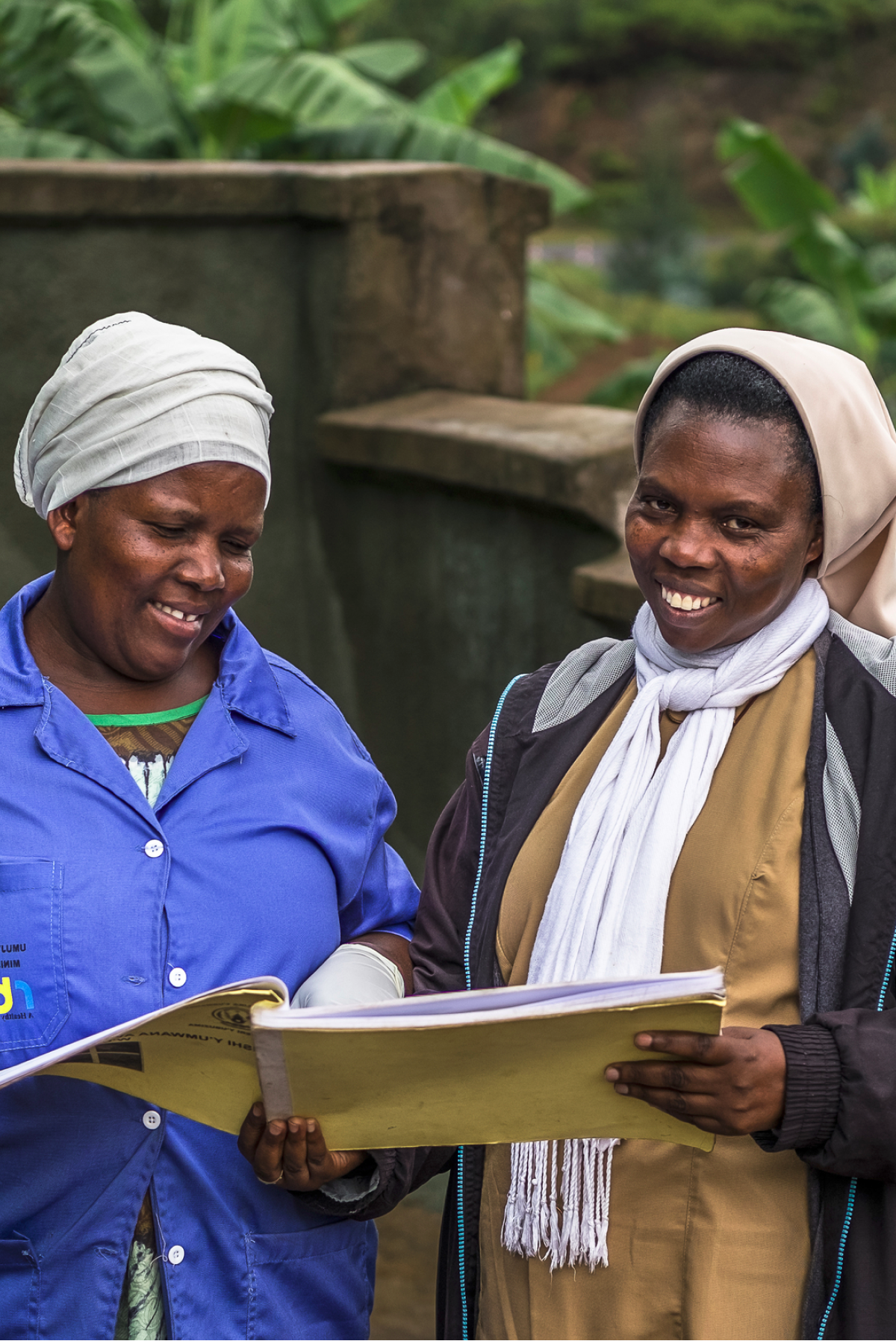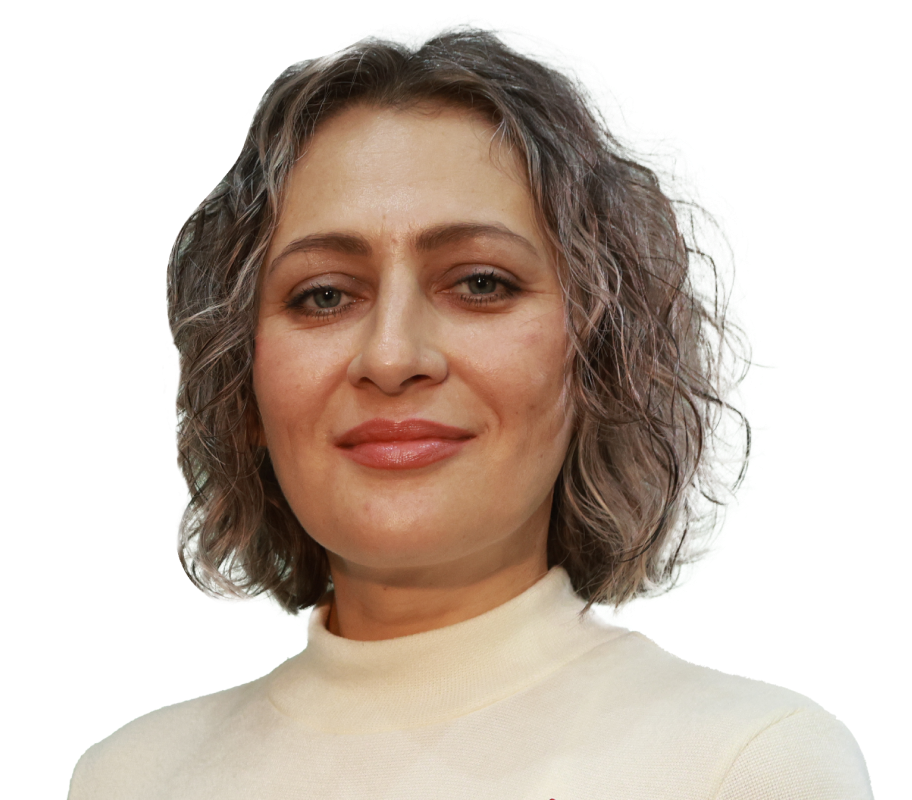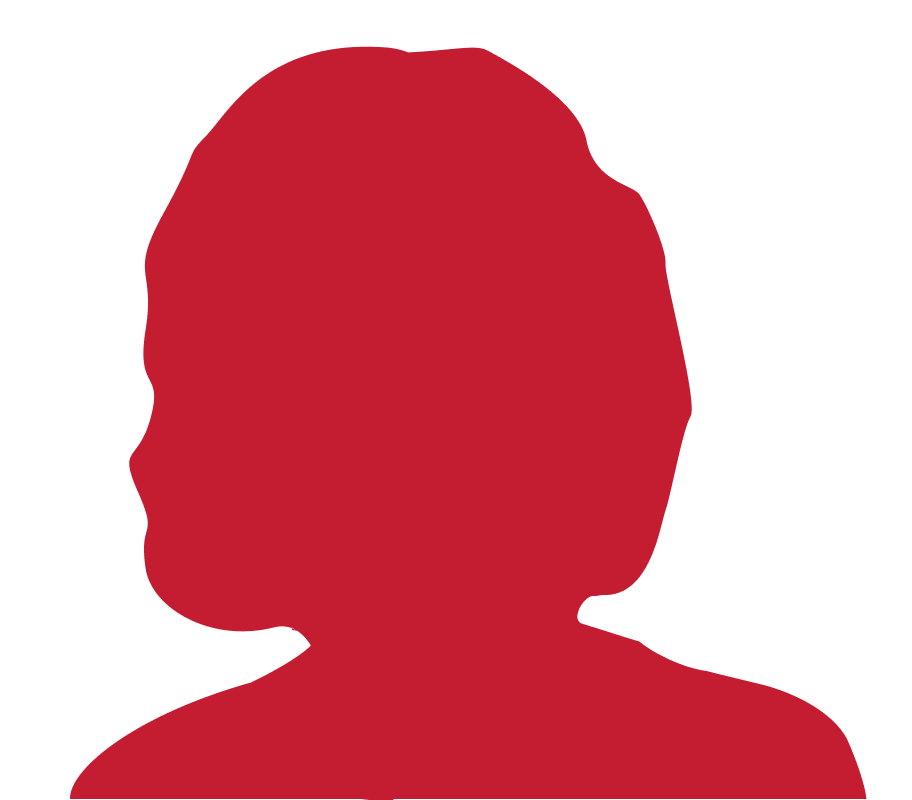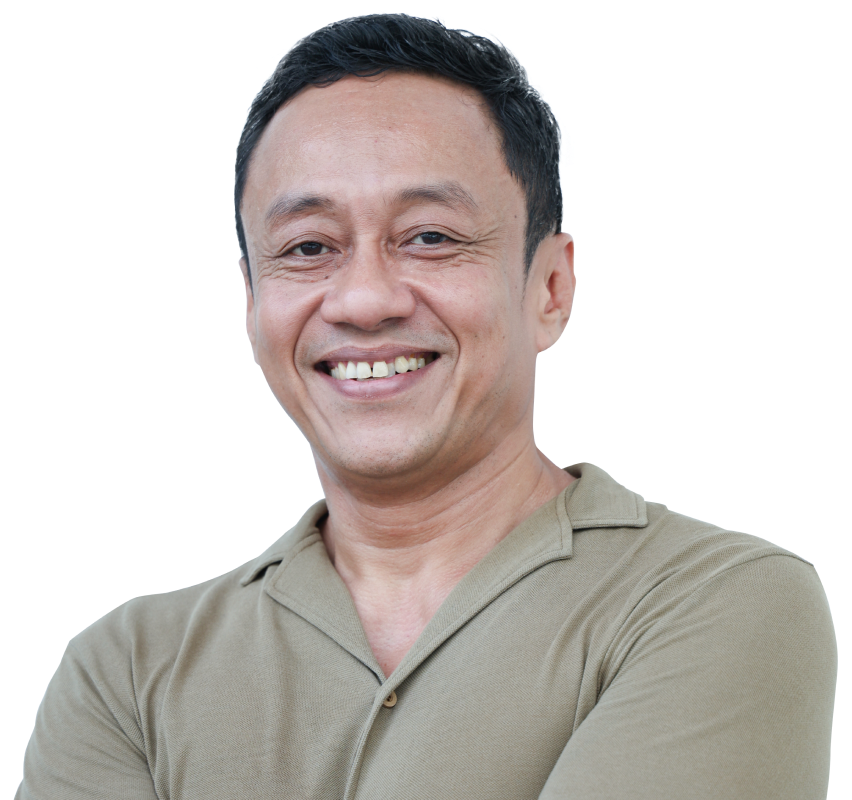Women who use drugs are one of society’s most stigmatized groups, burdened with multiple vulnerabilities. I know. I am one of them. I have been living with HIV for 26 years. For nine of those years, I kept my diagnosis hidden, did not seek help, and battled a paralysing fear of death. I lost loved ones and endured perpetual shame and despair.
Women have shared with me their stories of being demonized and disregarded, deemed unworthy of attention and support, of being forced into sex to pay for drugs, or experiencing abuse from partners. Many feel defenceless against police brutality. They endure a loss of human dignity and face bullying in families, society and medical facilities. For women who use drugs living with HIV, that adds an extra layer of stigma. Too many of us face loathing and self-loathing.

